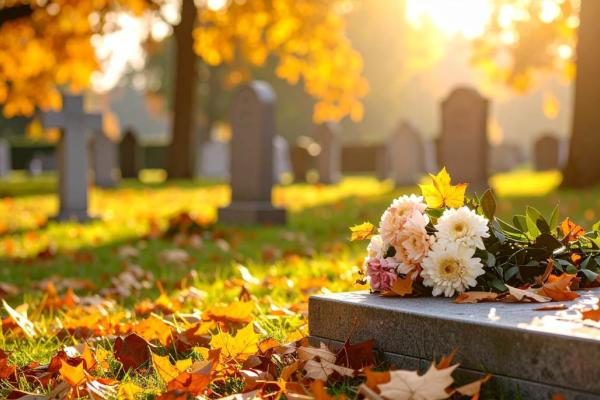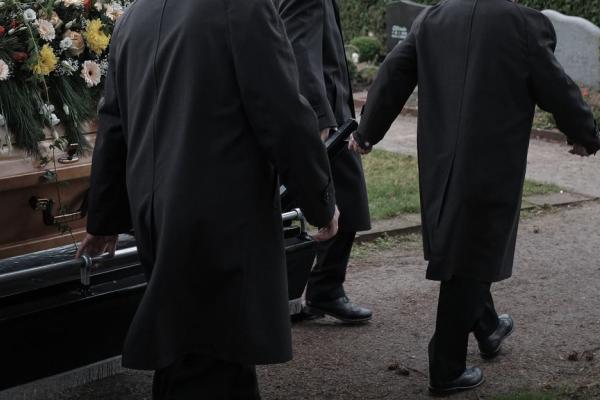
What happens to the debts of a deceased person? Everything you need to know
As many people are unsure about what happens to the debts of a deceased person it is a good idea to find out about the subject so that you do not get an unpleasant surprise when a loved one dies. In this article, Áltima will help by explaining everything you need to know about these debts so you can make the right decisions in the future.
How do you know if a deceased person has debts?
With an inheritance comes a series of entitlements and obligations. It is therefore very important to know all the aspects that make up the inheritance in order to avoid any potential liabilities.
How do you know if a deceased person has debts? The process can be quite complex. It entails you having to request information from different public bodies and financial entities. But where do you have to go and how do you find out about the debts of a deceased person?
- Civil registry. The first step is to obtain the death certificate. You will be asked for this document in order to carry out a number of administrative procedures after the death of a loved one, including settling the inheritance.
- Ministry of Justice. This body can provide you with another essential document: the certificate of last will and testament, which verifies whether or not the deceased person left a will. If so, you will then have to go to the corresponding notary to start the inheritance distribution process. You can also find out at this point if your loved one had any life insurance.
- Financial institutions. Going to the bank to find out if your relative had loans or debts is essential. In many cases, you may have to go to several banks to find out. They will ask you to prove your status as heir in order to obtain this information, which is key to determining whether or not you are going to be interested in accepting the inheritance that corresponds to you.
- Social Security. A person may also have debts with the public authorities, as well as interest and possible penalties that may increase the amount of the debt.
- Land Registry. This body can provide you with information on the rights and charges associated with the properties that form part of an inheritance, so it is also necessary to go there to be clear about the situation.

When do the debts of a deceased person become time-barred?
The debt of a deceased person does not disappear after death. Instead, it becomes the responsibility of the heirs. Whether there is a will or not, people who inherit property must pay the debts associated with it, and also inherit the obligations of the deceased, i.e. mortgages, personal loans, tax debts or unpaid bills.
However, not all debts are the same and the statute of limitations will depend on the type of debt we are talking about. For example, in the case of debts with public administrations such as the Tax Agency or the Social Security, the statute of limitations expires after four years; if the debt derives from loans or credits, it will expire after 5 years; and, if it is a mortgage, the statute of limitations will expire after 20 years.
The problem is that the statute of limitations for a deceased person's debt is not always easy to calculate. For this reason, it is best to be clear about what happens to the debts of a deceased person so that you can make a decision that does not harm your financial interests.
Who is responsible for the debts of a deceased person?
As mentioned above, the debts of a deceased person do not disappear, but become the responsibility of their heirs. An inheritance includes assets, rights and obligations, so it is the heirs who are obliged to pay the debts when they accept the inheritance.
Who inherits the debts of a deceased person? Accepting the inheritance also means accepting the debts and this is incumbent on the heirs regardless of whether there is a will or whether the inheritance is assigned according to Spanish law.
However, debts will not be inherited if there is no inheritance, since the debts are inherited together with the assets. Nor are debts inherited if the heirs renounce the inheritance because it is negative.
In the event that none of the heirs accepts the inheritance, the debts will ultimately become the responsibility of the State, although it will only be liable for them to the extent of the inherited assets.

Recommendations for managing the funeral service appropriately
Now that you know what happens to the debts of a deceased person, you will understand how important it is to have quality funeral services in order to receive the right legal and financial advice when it comes to making a decision about your loved one's inheritance.
A specialist will be able to guide you through the necessary paperwork and a suitable funeral company will take care of all the legal formalities to assist with the smooth running of the process. It can also help if you carry out suitable financial planning during your lifetime, in order to avoid financial burdens on your loved ones when you are no longer with us. Making a will avoids later problems for your heirs by ensuring an efficient distribution of your assets and reducing problems with potential debts.
When planning your funeral services, the duration of your policy does not affect the cover or the cost, but it does avoid additional financial burdens on your family members after your death, such as debts.


